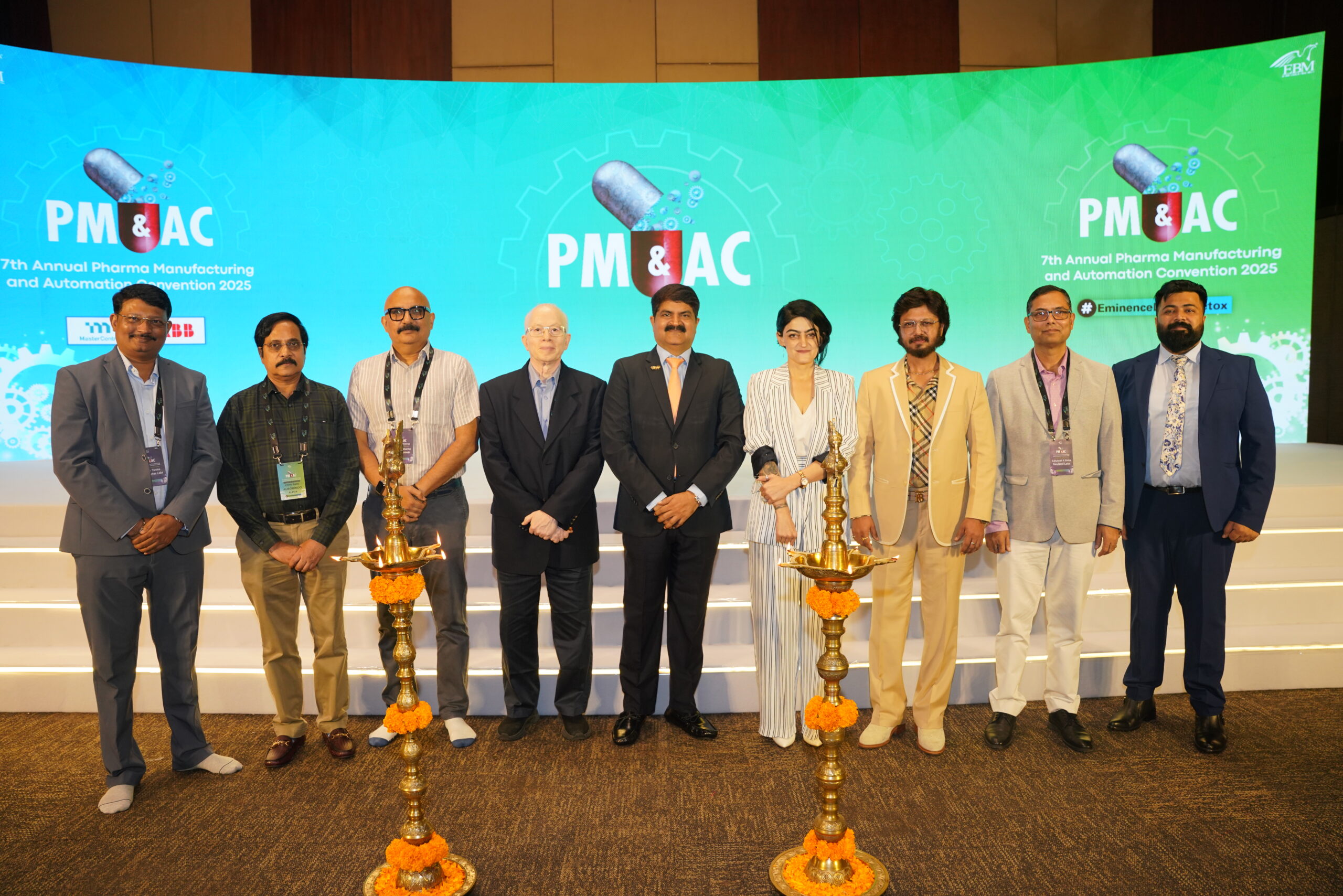The pharma industry deals with lives. Accreditation ensures we don’t forget that
By Utkarsha Kesarkar
In the dynamic and life-sensitive world of pharmaceuticals, trust isn’t just a virtue—it’s a necessity. Behind every medicine that reaches a patient lies a complex framework of quality checks, global compliance, and scientific accountability. One of the most crucial facets of this framework is accreditation. But what exactly makes it so indispensable?
To understand this better, we spoke to Mr. Mukesh Parab, a pharmaceutical research veteran with over 25 years of experience in product quality, compliance, control, regulations, and analytical research and development (R&D) for both API and formulation businesses.
Building Trust with Every Pill
“The pharma industry deals with people’s lives. Safety and health are the major concerns—there’s no room for compromise,” says Mr. Parab. Accreditation is the bridge between a manufacturer’s promise and a patient’s trust.
Authorities like the USFDA, UK MHRA, TGA Australia, SAHPRA in South Africa, and the EU’s PICS lay down stringent guidelines that companies must follow to export their products globally. Compliance with these standards ensures only high-quality, safe, and effective medications reach patients.
Ensuring Enhanced Patient Safety
At the core of accreditation lies patient safety. Accredited companies are required to adhere to Good Manufacturing Practices (GMP), which focus on hygiene, safety protocols, quality checks, and stringent documentation.
“Rigorous standards in manufacturing and quality control help reduce medication errors, prevent poor-quality or adulterated medicines from reaching the market, and most importantly, protect patients,” explains Mr. Parab.
Global Market Access
Accreditation is also a passport to the global pharmaceutical trade. Companies seeking to export their products must meet the regulatory requirements of the destination country.
“Indian pharma is known as the ‘Pharmacy of the World’, but we need to comply with global accreditations to truly justify this label,” says Mr. Parab. With approvals from bodies like the USFDA, Indian pharma companies unlock massive international business opportunities, particularly in regulated markets.
Competitiveness and Brand Value
In an increasingly competitive market, accreditation is not just about eligibility—it’s about differentiation.
“It builds credibility. The patient trusts the medicine, and the market trusts the brand,” adds Mr. Parab. Companies that meet international standards stand out as reliable, high-quality suppliers, gaining an edge over non-accredited competitors.
Continuous Improvement
Accreditation isn’t a one-time event—it encourages perpetual innovation and upgrading.
“Accreditation pushes us to adopt better, safer technologies,” he says.
The dynamic nature of compliance ensures companies are not stagnant. They are continuously adapting—updating protocols, investing in better equipment, and training personnel.
Risk Management
Adhering to accreditation norms significantly reduces business and product-related risks.
By setting rigorous internal quality benchmarks and regularly auditing practices, companies can anticipate potential lapses and address them proactively. As Mr. Parab points out, “Following these standards helps minimize manufacturing flaws and mitigates regulatory risks.”
Cost-Efficient Quality
While quality often comes at a price, accreditation can help optimize costs in the long run.
“With in-house API manufacturing supported by accreditation, companies can reduce dependency, maintain consistent quality, and keep costs under control,” says Mr. Parab, explaining how backward integration has become a new norm in the Indian pharmaceutical sector.
This balance between quality and affordability is especially crucial in making healthcare accessible while sustaining business profitability.
Regulatory Compliance and Governance
Accreditation ensures that companies are not only industry-ready but also legally compliant. It reflects a company’s commitment to meeting national and international laws concerning drug safety, efficacy, and manufacturing practices.
“You cannot sell any material without being quality compliant. Accreditation helps you prove that compliance systematically,” affirms Mr. Parab.
A Reputation That Lasts
Finally, one of the most intangible yet powerful benefits of accreditation is reputation building.
“Once you comply with stringent global standards, the world sees you as a trusted manufacturer. It helps create a lasting brand image,” he notes. That recognition can translate into long-term business partnerships, trust from healthcare professionals, and loyalty from consumers.
Accreditation Is the Industry’s Silent Guardian
From ensuring patient safety to expanding global reach, accreditation is a silent yet powerful driver of success in the pharmaceutical world. It isn’t merely a regulatory requirement; it’s a promise—a commitment to uphold quality, safety, and integrity at every level of the manufacturing and supply chain.
As Mr. Parab aptly concludes, “It’s a win-win—businesses gain global acceptance and expansion opportunities, while patients receive safe and effective medications. That’s the power of accreditation.”






